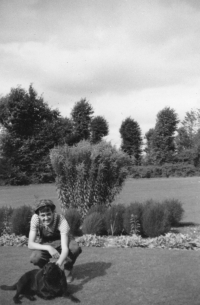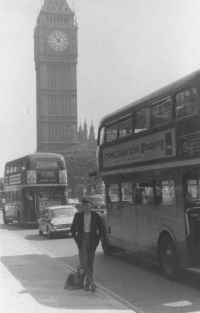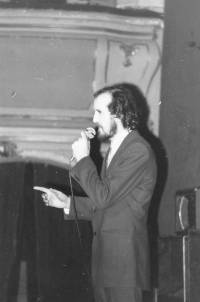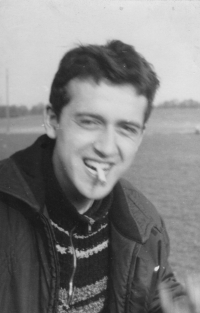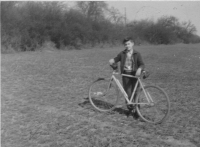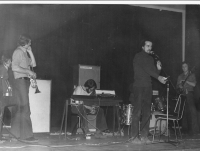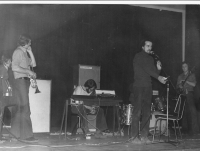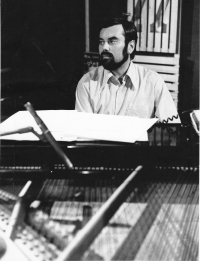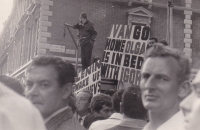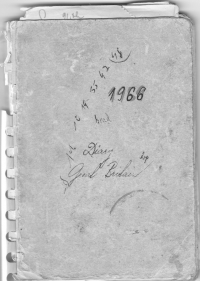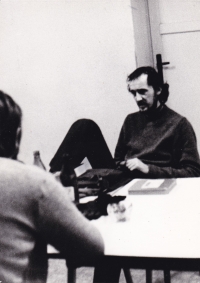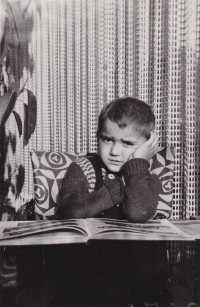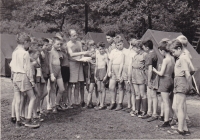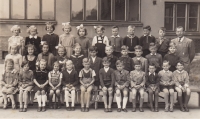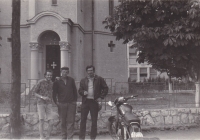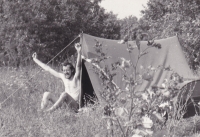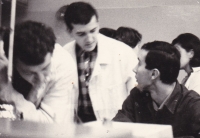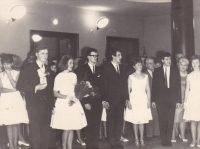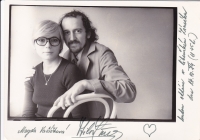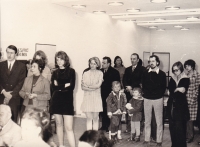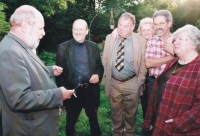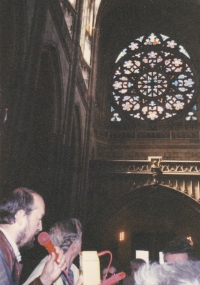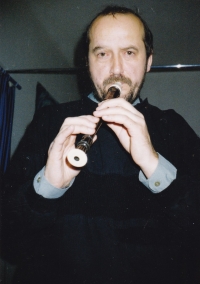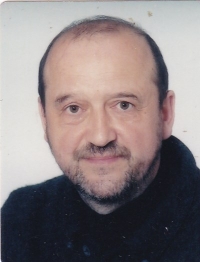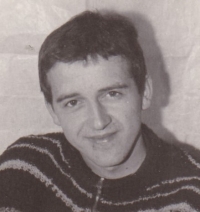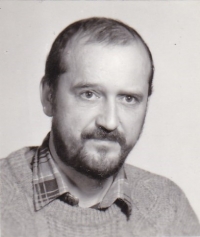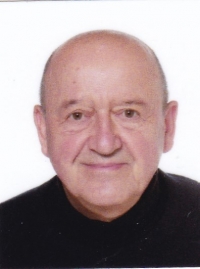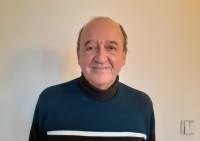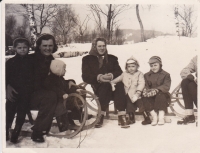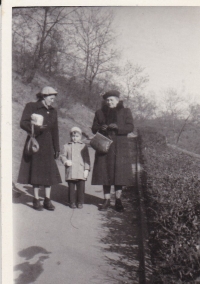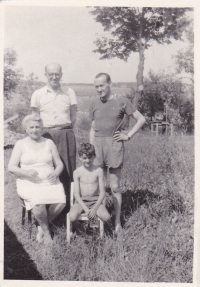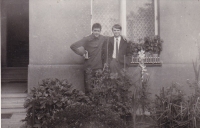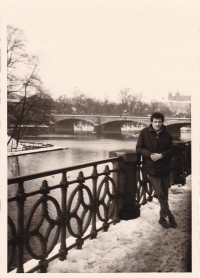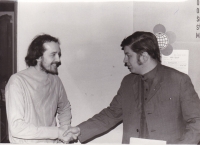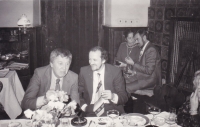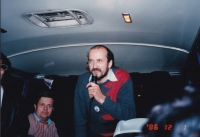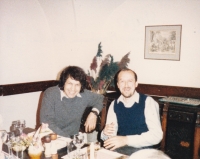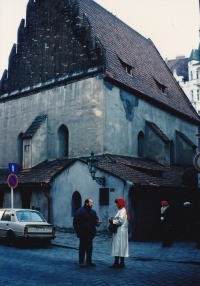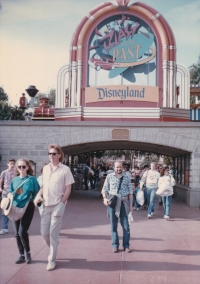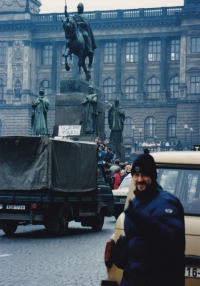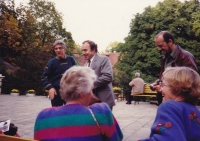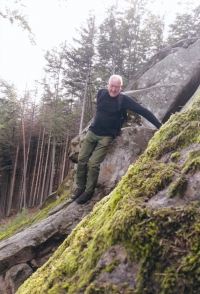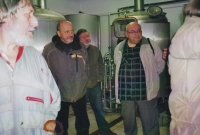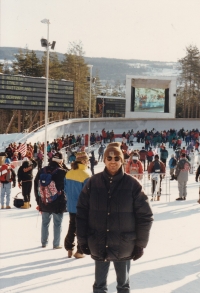Death is the last sense of everything

Download image
Miloš Čuřík was born on 18 February 1974 in Prague. While still a student going to secondary school focused on chemistry, he started to get interested in contemporary underground rock music, especially bands from the English-speaking world of the 1960s. A two-month stay in Great Britain in 1966 was to have a major influence his personal and professional interests. He would later visit Great Britain several more times. Under the influence of his travels, starting in 1969 he led Club Labyrint (Labyrinth) connected to the district House of Culture (OKD) in Prague 10. His free-thinking stance on things and curating of the cultural program brought him into constant conflict with his superiors. At his listening discos, he acquainted listeners not only with music both local and international, but also independent films, as well as invited mimes or local music groups to perform. A year passed before he had to leave the dramaturg position for the ODK in Prague 10 and found a new base for his activities in the OKD in Prague 8. He relocated Club Labyrinth there and founded the new Jazz and Rock Center in Rokoska and Film Club in Invalidovna. In 1976, he left the center and ever since has been working for himself. Among the ways he made a living was leading listening discos, collaborating with top local jazz and rock bands as a master of ceremonies and manager, and organizing music events. During 1976–1979, he contributed to the Prague Jazz Days organization, organized by the Jazz Section of the Union of Musicians. Later, in 1985, he put together a concert in the House of Culture in Opatov for the legendary Nico and a festival of minimalism in that same year. His cultural activities teetering on the edge of legality, he sparked the interest of the then State Security. After 1989, he started a travel agency catering to international tourists in the English language.
